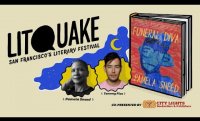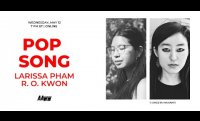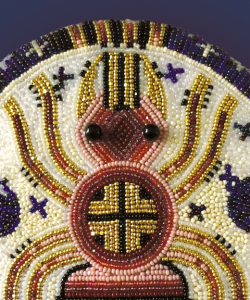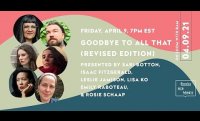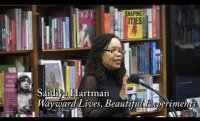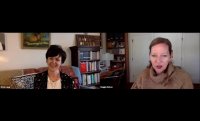Upcoming Contest Deadlines
The first literary deadlines of the summer are approaching! If you are at work on a book-length manuscript of poetry, fiction, or nonfiction, or have recently published a first book, take note of the following contests, which close on June 15, June 17, or June 23. There is also a special fellowship opportunity for writers based in Maine. All offer a cash prize of $500 or more.
42 Miles Press 42 Miles Poetry Award: A prize of $1,000, publication by 42 Miles Press, and 30 author copies is given annually for a poetry collection. Current and former students of Indiana University in South Bend are ineligible. David Dodd Lee will judge. Deadline: June 15. Entry fee: $25.
Autumn House Press Literary Prizes: Three prizes of $1,000 each and publication by Autumn House Press are given annually for a poetry collection, a book of fiction, and a book of creative nonfiction. Each winner also receives a $1,500 travel and publicity grant. Eileen Myles will judge in poetry, Deesha Philyaw will judge in fiction, and Steve Almond will judge in nonfiction. All entries are considered for publication. Deadline: June 15. Entry fee: $30.
Bitter Oleander Press Library of Poetry Award: A prize of $1,500 and publication by Bitter Oleander Press is given annually for a poetry collection. Deadline: June 15. Entry fee: $28.
Great Lakes Colleges Association New Writers Awards: Three prizes are given annually to a poet, a fiction writer, and a creative nonfiction writer to honor their first books. The winners each receive an all-expenses paid trip to several of the 13 GLCA colleges, each of which pays an honorarium of at least $500, to give readings, meet with students, and lead discussions and classes. Books published in 2020 and 2021 are eligible. Faculty members of the colleges will judge. Submissions are to be made by the book’s publisher. Deadline: June 23. Entry fee: none.
Maine Arts Commission Maine Artist Fellowship: A fellowship of up to $5,000 is given annually to a poet, a fiction writer, a creative nonfiction writer, or a writer working in a genre beyond these categories who has lived in the state of Maine for at least one year. The fellow is expected to reside in the state for the year of the fellowship. Writers enrolled in a degree-granting program are ineligible. Deadline: June 17. Entry fee: none.
University of Akron Press Akron Poetry Prize: A prize of $1,500 and publication by University of Akron Press is given annually for a poetry collection. Erika Meitner will judge. Deadline: June 15. Entry fee: $25.
Visit the contest websites for complete guidelines, and check out the Grants & Awards database and Submission Calendar for more contests in poetry, fiction, and creative nonfiction.





